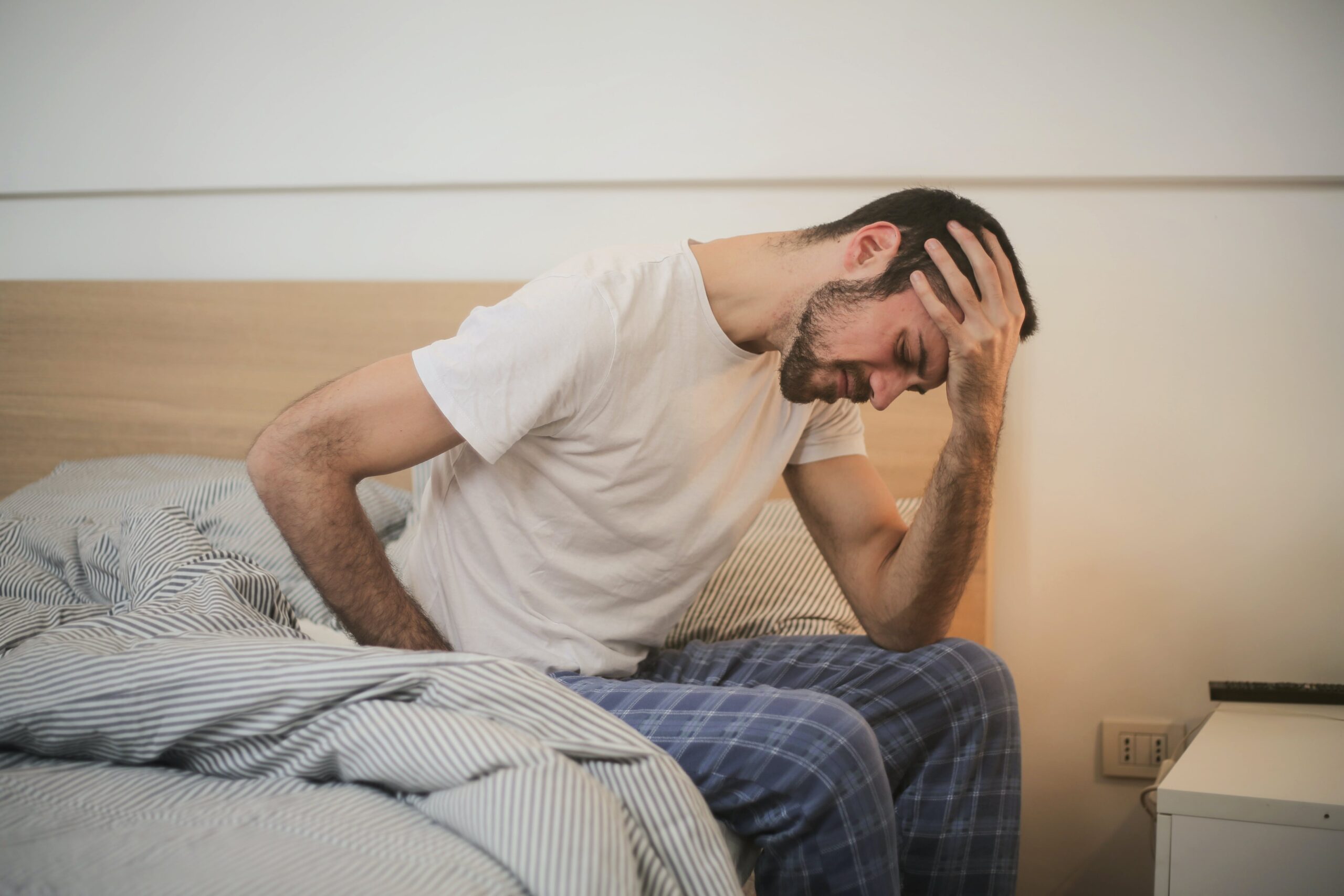We know that low back pain is very common, with 70-90% of people experiencing it at some point throughout their lifetime and in 90% of these cases, low back pain is non-specific, meaning it is not caused by an underlying disease, pathology or other known cause.
Now that we’ve established that the majority of back pain is non-threatening we can jump straight in and answer your burning question – “Will my lower back pain go away on its own?”.
In a number of cases, yes. Low back pain has a natural history that sees around 40% of cases go away on their own in a timeframe of approximately 6-8 weeks when healthy self-management tools are used. In many acute presentations, the pain will significantly decrease in the space of just 1-2 weeks.
These timelines will depend on a number of things outside of your diagnosis, such as:
– how well you sleep (quantity and quality)
– what your stress levels are like
– how your mental health is
– nutrition
– whether you have other health conditions
– whether you self medicate
– what your lifestyle includes (smoking, higher alcohol consumption)
– if you’ve had back pain before or have a family history
– what your beliefs around back pain are
The problem often lies in the misinformation that many of you have been given across your lifespan, creating harmful beliefs around back pain that can lead to increased suffering. But we won’t get into the nitty gritty of that in this article.
So for many of you, yes your back pain will go away on its own, especially if you already have good strategies for self-management. If you haven’t got a clue what to do, you’re unsure what your situation is or you have some fear due to horror stories from co-workers or relatives then just get it checked out by a professional. At the very least you’ll be given the information and coping strategies that you need to get through it confidently and you can keep those tools in your back pocket for if back pain ever arises again.
While it does often go away on its own, you can still see a professional so that they are able to support you through the process of recovery, as well as explain why it may have occurred and how to reduce the likelihood of it occurring going forward. Back pain is frustrating and life doesn’t slow down around you while you go through it, so a helping hand to bring your pain levels down and guide you forward with a plan towards recovery is always an option – especially if like me you don’t want to leave things up to chance.
It’s important to note that while the majority of back pain cases are non-threatening, if you have additional symptoms such as changes in things like – bowel or bladder movements (needing to go more often, new diarrhea/constipation, change in stool or urine), numbness or tingling around the groin, unexplained weight loss or other out of the ordinary symptoms that you seek professional advice immediately. We always prefer to stay on the side of caution when it comes to your health.
If you have more questions on the topic of back pain – feel free to reach out to us so that we can answer. We’re sure you won’t be the only one wanting to know.
Until next time crew!
- Henschke N, Maher C G, Refshauge K M, Herbert R D, Cumming R G, Bleasel J et al. Prognosis in patients with recent onset low back pain in Australian primary care: inception cohort study BMJ 2008; 337 :a171 doi:10.1136/bmj.a171
- de Luca, K., Briggs, A.M., French, S.D. et al. Disability burden due to musculoskeletal conditions and low back pain in Australia: findings from GBD 2019. Chiropr Man Therap 30, 22 (2022). https://doi.org/10.1186/s12998-022-00434-4
